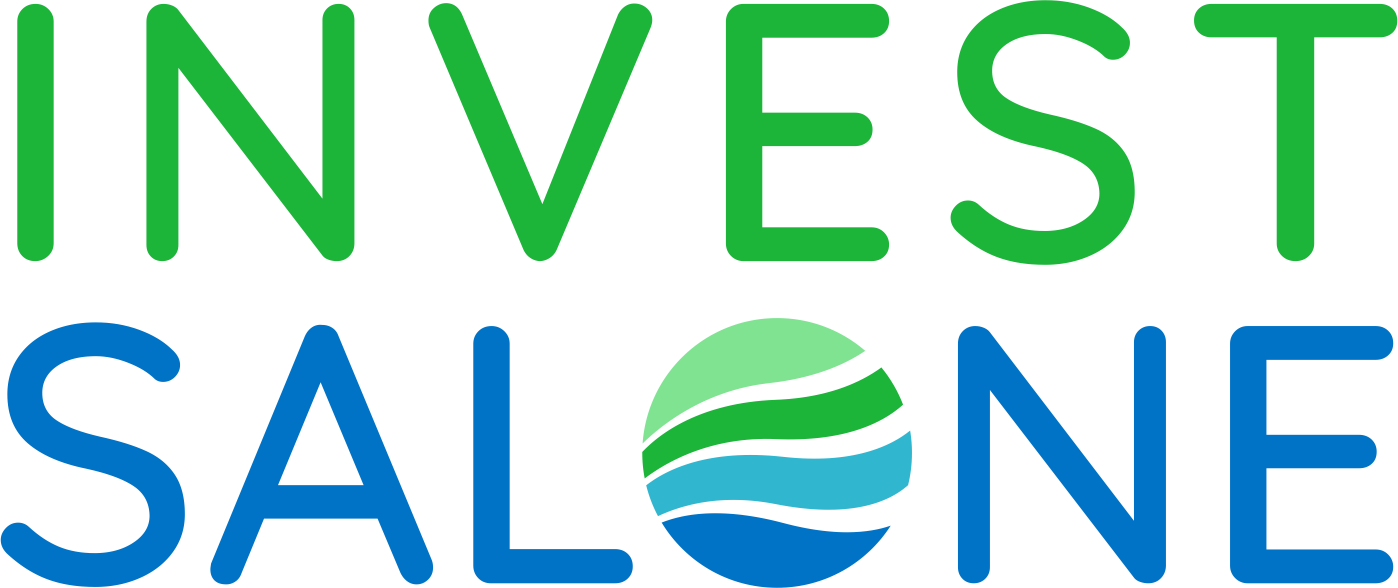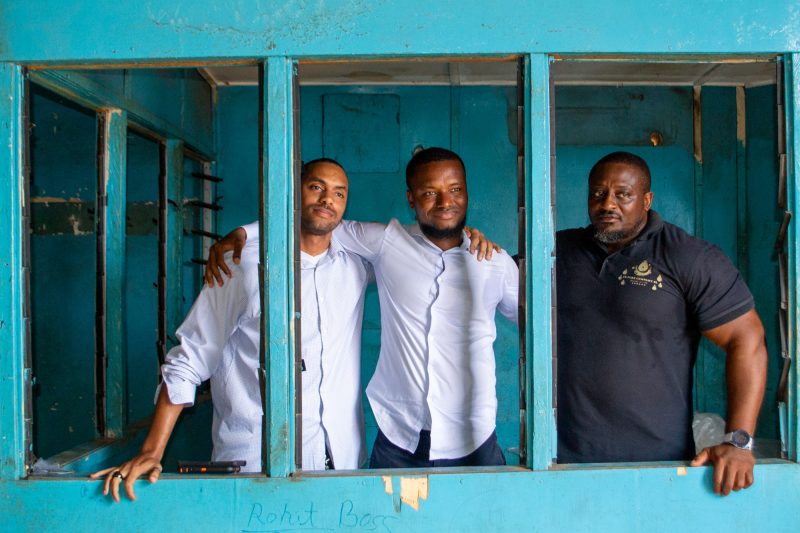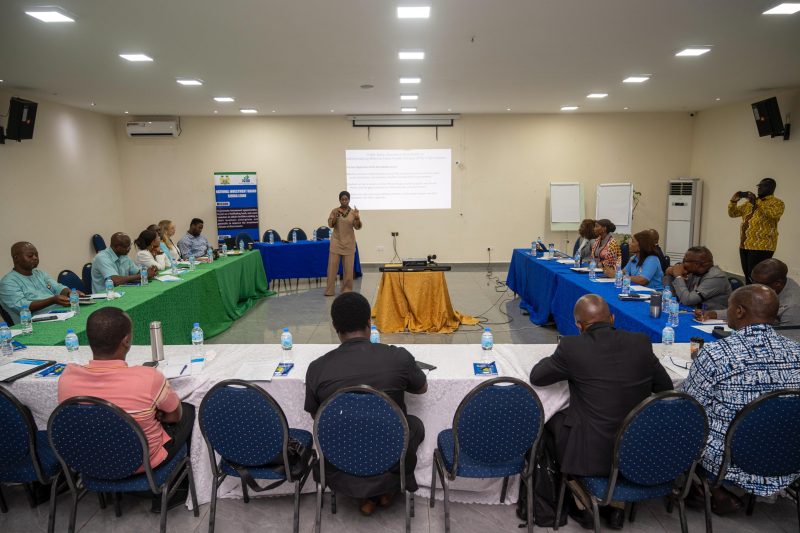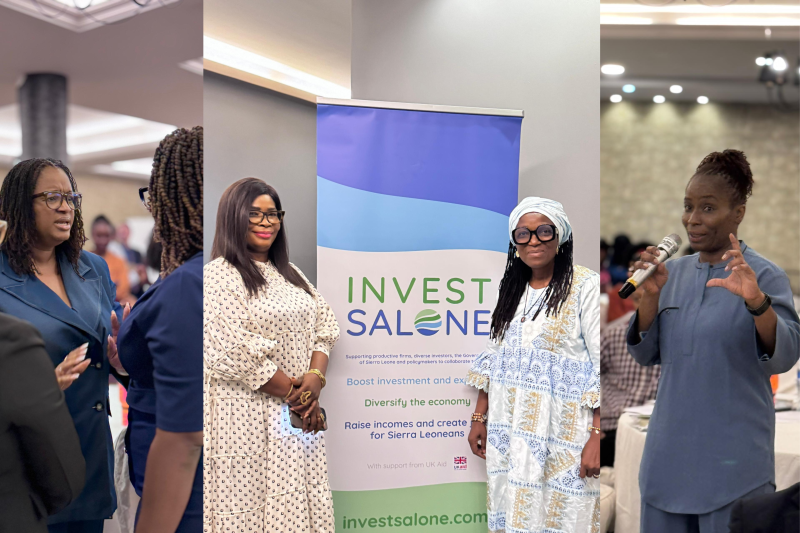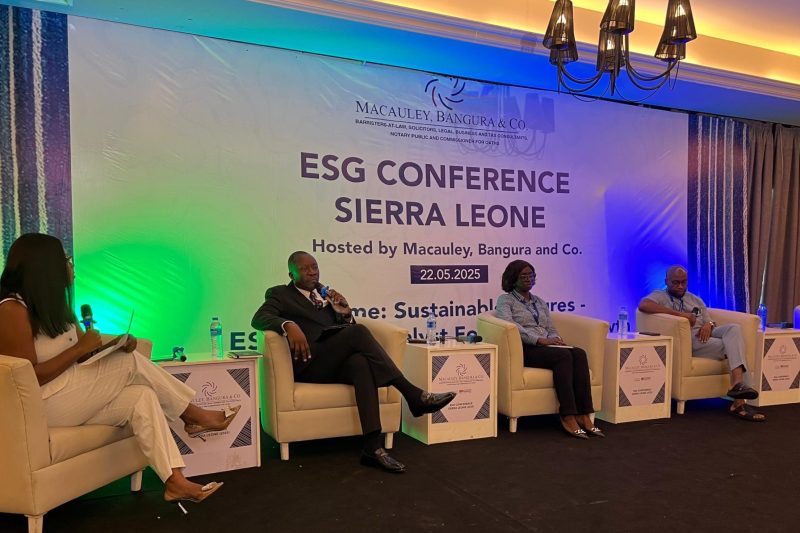Through a Memorandum of Partnership with the Bank of Sierra Leone, Invest Salone, a UK funded private sector initiative, is currently working with the Bank to boost its capacity to support the development of sustainable finance in the country. The partnership stems from the Bank’s drive to promote financial inclusion and maintain financial stability.
To date, Invest Salone has provided support to the Bank through a public–private dialogue event, training in environmental, social and governance factors, and a knowledge-sharing event between the Bank of Sierra Leone and the National Bank of Rwanda.
Currently underway is a new five-day introductory course – Introduction to Sustainability, Climate Change and Finance – which was designed and developed in partnership with the Bank. The course is intended to provide participants with an understanding of how sustainability, the environment, and climate change create both opportunities and risks for the financial system, and how regulators and supervisors need to respond. It also explores developments in international finance, both in global financial centres as well as peer jurisdictions, and how they might be contextualised for Sierra Leone.
The Governor of the Bank of Sierra Leone, Dr Ibrahim L Stevens, said: “Central banks in the region, and globally, have begun to address sustainable finance and climate change related issues. The Bank is developing expertise in the regulatory aspects of sustainable finance and climate change. The collaboration with, and training provided by, Invest Salone will support the Bank to build the required capacity for effective monitoring and supervision of sustainable finance”.
Finance specialists Mike Coates and Tony Deary – who led the development of Rwanda’s Sustainable Finance Roadmap – are leading the training for the Bank of Sierra Leone.
Deary, a former financial services regulator from the US, says: “Sustainable finance has become a mainstream consideration for financial sector development now, and requires that environmental, social and governance criteria are considered when making investment decisions.
“The course will give participants the knowledge and practical insights to effectively integrate sustainable finance principles into their roles within the Bank. By the end, participants will be able to identify opportunities to improve access to sustainable finance, assess and manage environmental and social risks within the Sierra Leonean financial system, and develop strategies to promote sustainable finance practices within the Bank of Sierra Leone and the broader financial sector.”
